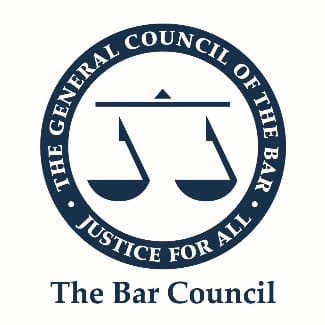AB v CD [2023] EWFC 103
Judgment date: 18 May 2023
https://www.bailii.org/ew/cases/EWFC/HCJ/2023/103.html
HHJ Shelton. Hearing on 10 February 2023.
Cross-applications to vary global periodical payment order for a child aged 19 who is severely disabled and a spousal maintenance order. Third of three published judgments. Link to previous judgments:
The interim order in place was for £1,400 pcm global periodical payments. The issues remained:
- The quantum and duration of the child periodical payments.
- Whether the joints lives order in W’s favour should be discharged.
H sought to downward vary the child element to £400 pcm until he retires or reaches age 60, and for the joint lives spousal element to be discharged now. W sought to upward vary the global payments to £1,500 pcm (£1,499 pcm child, £1 pcm spousal).
A summary of the law was set out in the previous case summaries and is summarised again by the judge at [8]–[14].
The child was now 20. She had commenced specialist college as planned and spent weekends and school holidays with the wife (W). Each party’s living arrangements remained unchanged. The court found H’s income to be £5,500 pcm plus discretionary bonus of varying amounts and his outgoings to be c.£5,700–5,800 pcm, excluding global periodical payments payable. It found H had recklessly taken on responsibilities that he could not afford.
An ongoing significant factor was the uncertainty of the benefits payable to W and the child. The court stated that the benefits were 'even more complicated to calculate now that [the child] had started college', which is discussed at [64].
The court found that W’s income was c.£1,845 pcm in benefits and £1,400 pcm from interim global maintenance (total £3,245 pcm) and that her outgoings were £3,000–3,100 pcm. The court ultimately accepted W’s case as to her lack of earning capacity given her medical conditions and caring duties for the child. It found that W was not able to work at that time ([71]–[73]).
Ultimately, the court ordered global maintenance at £1,200 pcm because:
- W will continue to be the child’s primary carer. She was not able to look for employment at that time and the demands of her caring role for the child affect her earning capacity.
- H was living beyond his means. No reason or evidence was provided to show that H’s family trust would not let him downsize to a smaller, affordable property.
- £1,200 pcm is sufficient to meet W’s needs. Any lesser order would place W and the child at risk of losing their home. She cannot adjust without undue hardship to the discharge of the joint lives order now.








